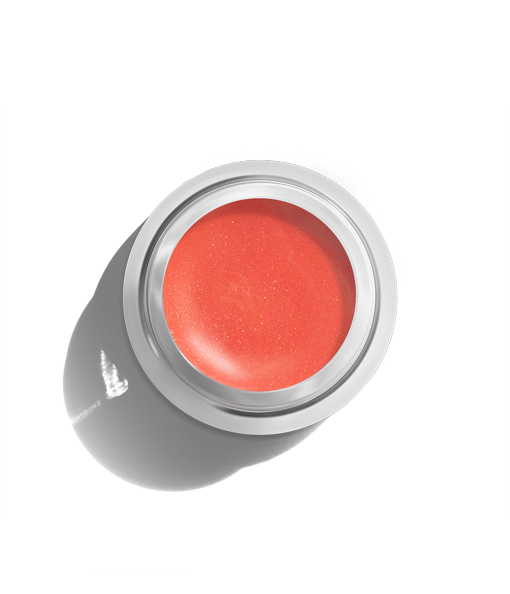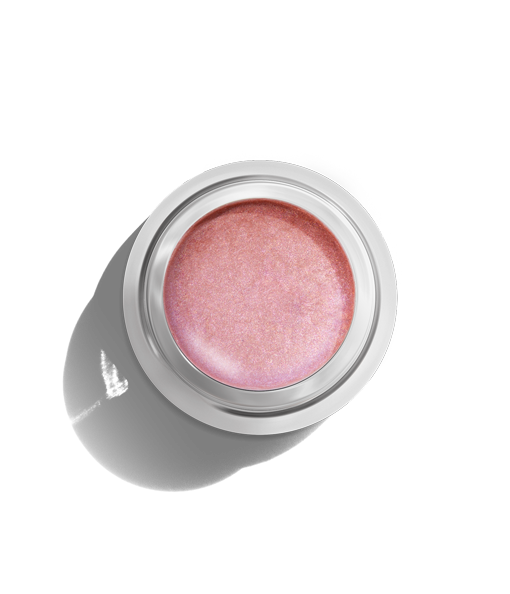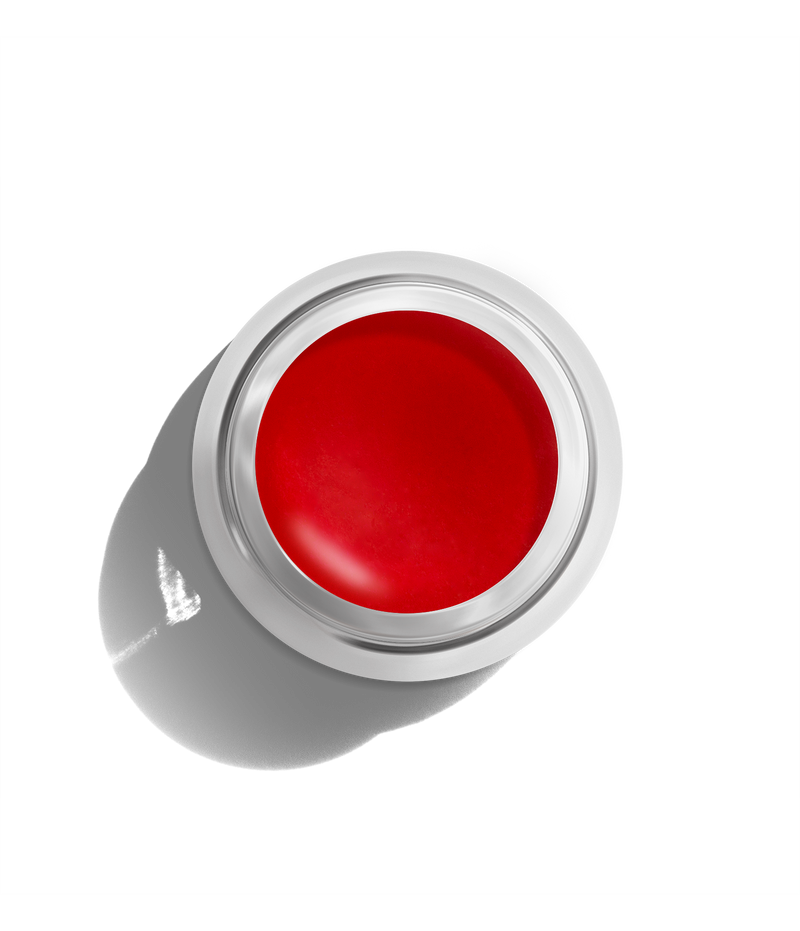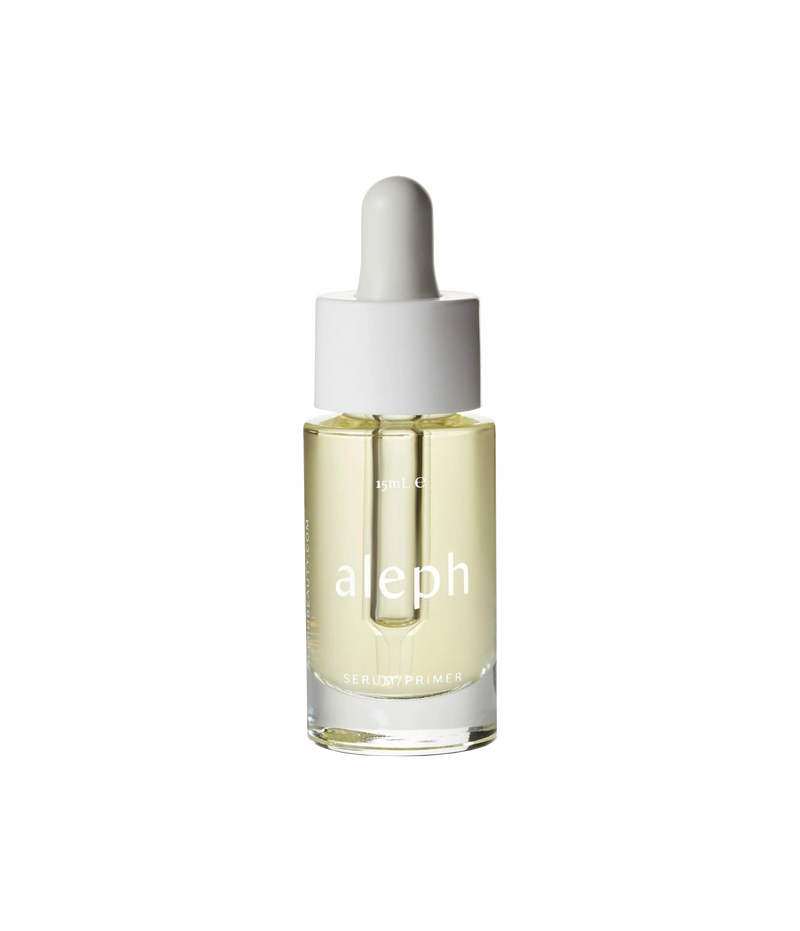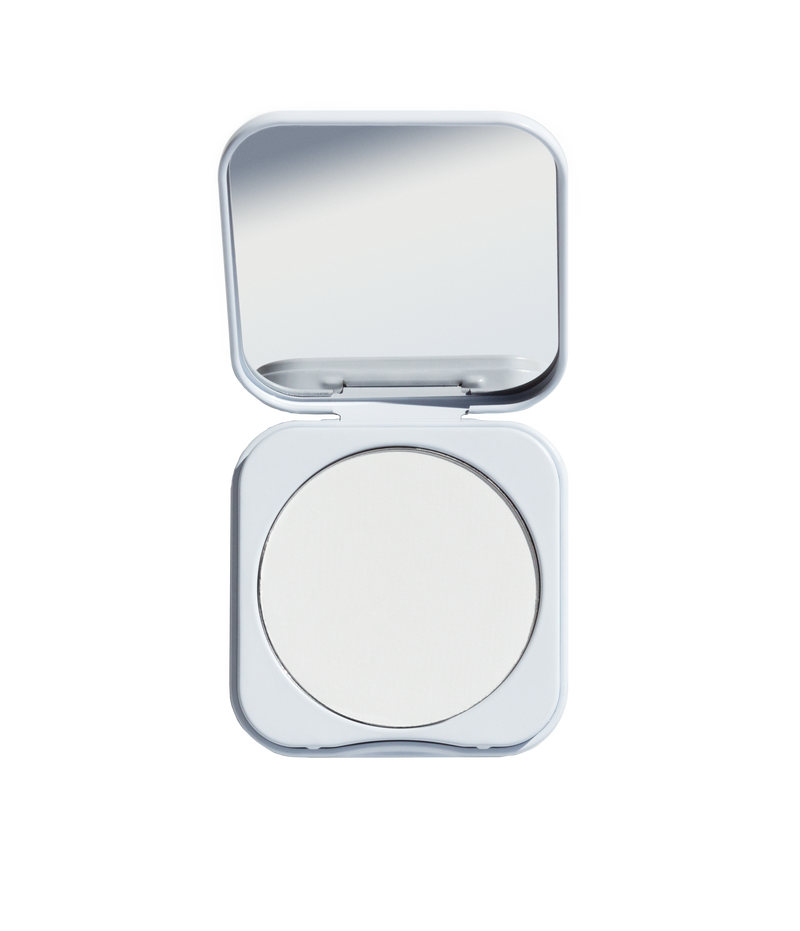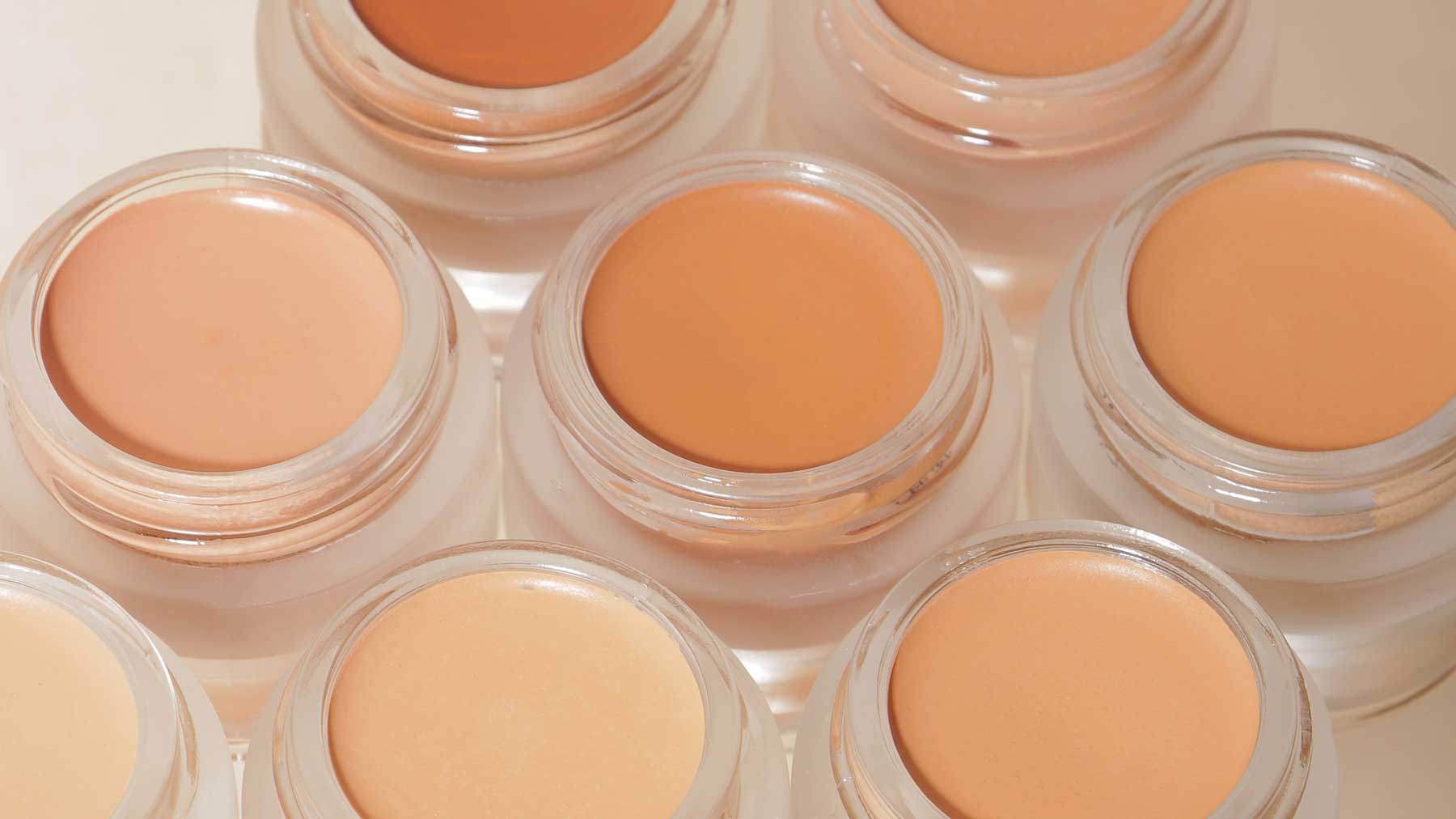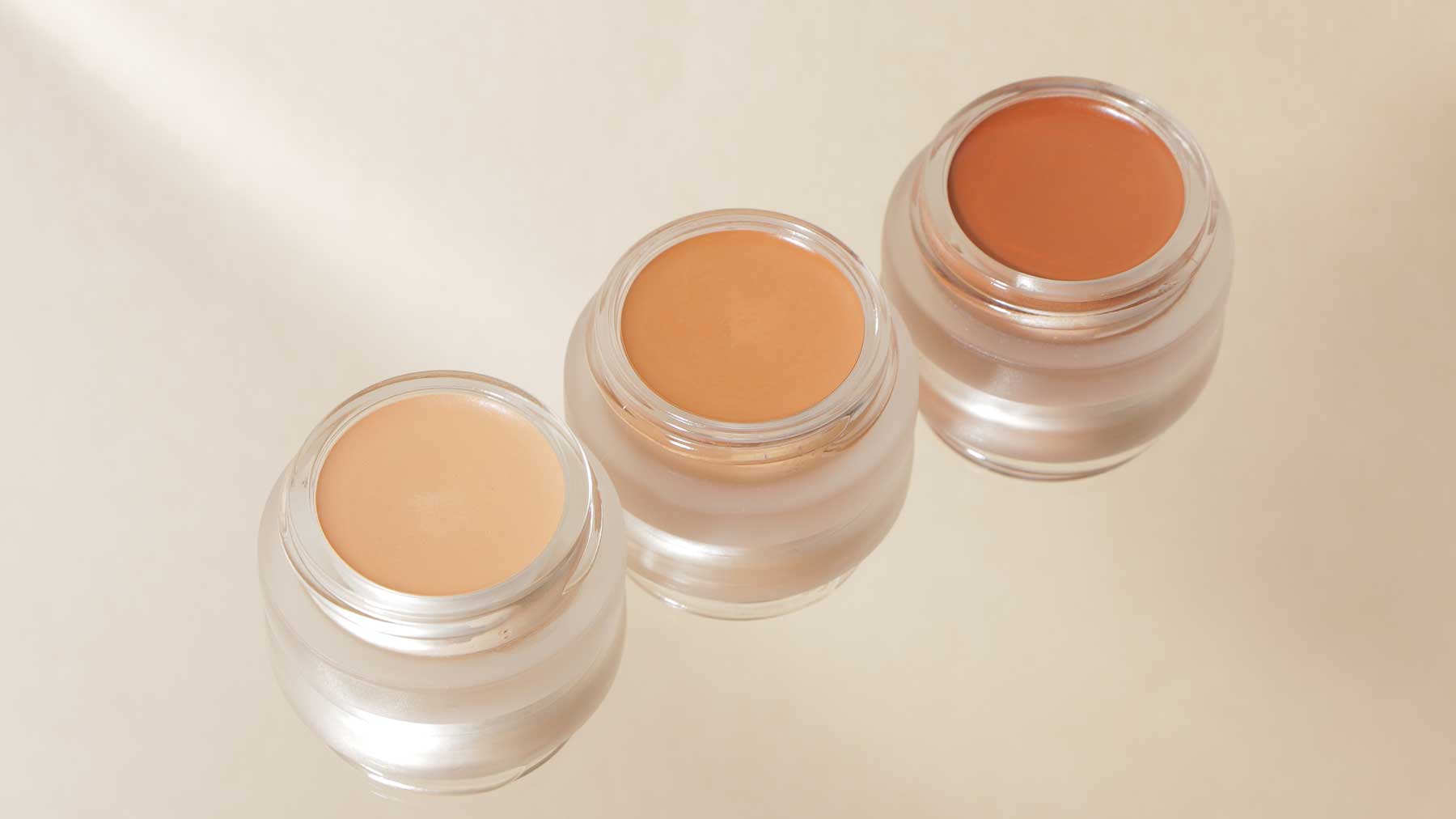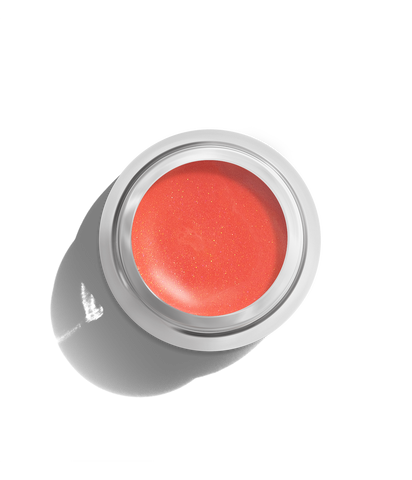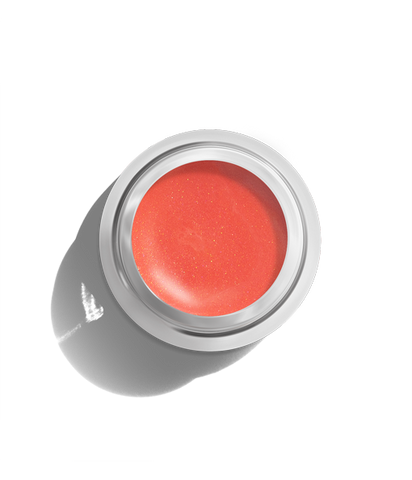How are you, really?
Mental health is an important issue, nearly half of our population will meet the criteria for a mental illness diagnosis at some point in their life. And 1 in 5 of us will suffer from depression. Chances are you’ve asked one of them “how are you?” this week and received the same routine answer (“good, thanks”).
On October 10th, the world will band together to recognise World Mental Health Day. The mission behind this day is simple: to raise awareness about mental health issues. This topic has been a taboo subject for too long, but no more. October 10th provides a great opportunity to learn more and start openly talking about mental health.
Inspired by the annual event, we investigated the best methods to manage feelings of anxiety, stress and helplessness. While there isn’t one simple fix, experts believe in creating a toolbox of coping mechanisms.
Of course, everyone is unique and should approach their mental wellbeing differently. There’s no one-size-fits-all solution for good mental health (sigh, if only) but that’s okay! Think of this guide like a starting point. Take inspiration from our personal favourite strategies and experiment with them, until you create your own “toolbox”.
Scroll on for six ways to check in on your state of mind.
1. Talk to someone
When it comes to boosting your mental wellbeing, sharing your feelings comes out on top time and time again. By opening up and talking to someone about your feelings, you can realise an emotional balance.
Pain typically thrives in the dark, so open the door and let it out! Chat to friends, family, a pen pal or mental health professional - whomever can help lighten the load you're carrying.
2. Practice relaxation
Seems logical, right? When things get overwhelming, try spending a few minutes in stillness and focus on your breath. Alternatively, practice yoga. Both acts flood your body with good chemicals and oxygenate the brain, effectively signalling your mind into relaxing.
Stressful day at work? Slip away for a 30-minute yoga session at a nearby studio. Feeling overwhelmed on your drive home? Try these breathing exercises. When you make breath work a daily practice (and actually stick to it) you’ll quickly realise just how uplifting this act can be.
3. Get quality sleep

We already know that sleep and mental health are closely connected. In essence, sleep is like a detox and fuel for the brain in one. It gives the mind time to recover and prepare for the day ahead, by fostering mental and emotional resilience. So you can handle whatever life throws at you!
A chronic lack of sleep only sets the stage for negative thinking and emotional instability. In fact, a recent Harvard University study found that a regular lack of sleep could raise the risk of, and even directly contribute to, the development of some psychiatric disorders.
This is where “good sleep hygiene” comes into play. Sleep hygiene is a term often used to describe healthy sleeping habits, that help prepare your body for a deep, quality slumber. These habits can range from nightly meditation, keeping your bedroom black, and avoiding tech before bed. For inspiration, see Aleph’s personal go-to list for better sleep hygiene.
4. Manage your time right
For most people, their lives are run on tight schedules. In between chores, work, family and all the rest, who has the time to truly relax? Make sure you set aside time for yourself, realise your needs, and manage your schedule. Assess what situations make you feel mentally distressed and learn to avoid them when possible, and how to cope when it’s not.
To better manage your time, try prioritising your to-do’s. Creating a daily schedule can help ensure you’re not overrun by everyday tasks and deadlines. Don’t forget to schedule in something that feels good. Whether it’s reading a book, seeing friends or taking your dog for a stroll.
5. Sweat it out

Working out isn’t just good for the body, it’s fantastic for the mind too. Daily exercise is a great way to clear the mind and bring awareness back to the present moment. Not to mention, it floods the body with endorphins and stress-relieving chemicals. In other words, it can set off a positive chain reaction for your entire wellbeing. You’ll sleep better, feel better and handle daily stress with ease.
Try adding some movement into your schedule, no matter what it is. Schedule time to walk outside, bike or join a social sports team. Once you get into the habit of moving your body regularly, the sooner you can reap the all-round-health benefits of exercise.
6. Get creative
Turns out, tapping into your creative side can actually improve your overall health. It might sound too good to be true, but engaging in creative activities (even just colouring in) can reduce anxiety, promote relaxation and boost your mood. Best of all, the options for creativity are endless. It might be learning to macrame, writing in a journal, or embracing your inner artist!
In the end, it’s less about the ‘what’ and more about how it makes you feel. If it helps you regain focus, boost your mood and achieve inner calmness, we’re all for it. Hopefully, our guide has provided some inspiration for your own personal checklist - so you can get back to living your happiest life.

 BACK
BACK
